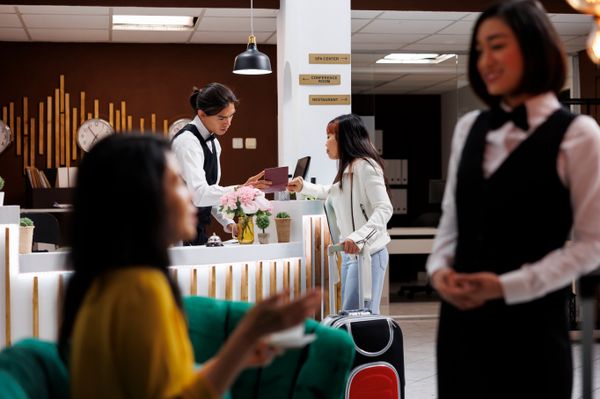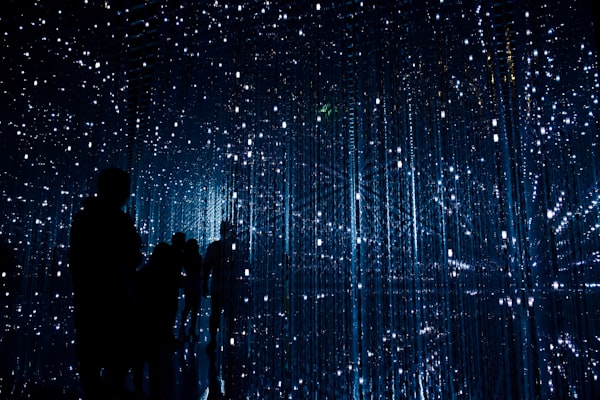Technology, as another emerging megatrend in tourism, will permanently change tourism as we know it. Blockchain technology and big data are already familiar terms, but a number of other technologies will be introduced in the future.
New technologies aim to make travel as pleasant and efficient as possible. Traditional travel agencies will become increasingly rare as technology replaces many manual activities. Emerging technologies will also have a major impact on tourism work, with many manual tasks being replaced by artificial intelligence and machine learning. Virtual reality (VR) travel will also boom in the coming years - since Corona, there are already many VR bus tours that make European cities accessible to Asian tourists.
Digital platforms
Digital platforms will continue to grow in importance over the coming years. Social media will strongly influence the holiday choices of millennials and Generation Z in particular. However, social media brings about rapid change. When a new, exciting or intriguing destination is discovered, demand rises in an instant. Destinations and hotels need to be flexible enough to meet this demand.
Sharing society
One trend that has already taken hold is the sharing society. Whether cars, scooters or bicycles, it has long been a trend to share these vehicles. However, home sharing, such as Airbnb, is also growing and will become increasingly important in the future. The sharing trend will take hold in all tourism, from accommodation to dining out. Thus, instead of restaurant visits, culinary visits to the home of locals will become more common.
Innovations and technologies
Emerging technologies and robots will change tourism most permanently. For example, new technologies will replace 30% of the workforce in Europe and up to 70% in Asia. Employees of hotels and travel agencies will be strongly influenced by these changes and new technologies will be used to make internal processes more efficient.
Big Data will be used to achieve better planning, predict guest behaviour and greatly improve the holiday experience. Virtual Reality (VR) will also be used on holidays, simulating holiday experiences and excursions from home. For example, VR could make hard-to-reach destinations accessible, such as a hike up Uluru/Ayers Rock in Australia. Augmented reality (AR) will complement the holiday experience, for example by adding jousting tournaments at a ruined castle using holograms.

Effects on tourism
The future holds a multitude of new technologies. These are being introduced at a rapid pace - every hotel must already be flexible enough to meet these trends and make itself fit for the future. However, it is also important to think about data protection and to proactively integrate the guest into the various processes. Employees in tourism are also challenged because they have to apply the new technologies and use them in the best possible way. In the future, much more training and education will be necessary for the staff to make the entire business future-proof.
The upcoming technologies focus mostly on networking - of people, information and experiences - and faster than ever before. However, these technologies will give operations more data and allow them to plan much better. In the future, individual experiences will play an even greater role - if the hotel already knows the guest before arrival, tailor-made offers and experiences can be created.







